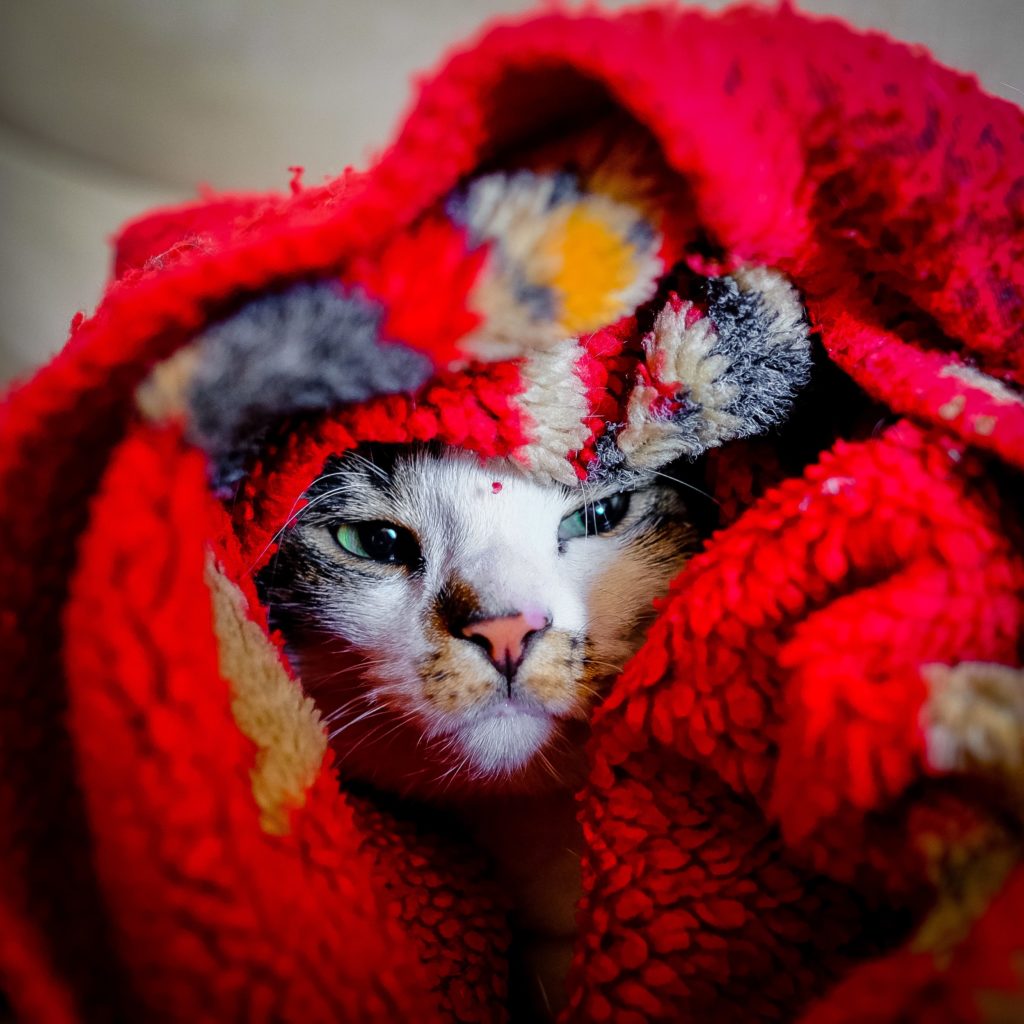What To Put In Your Pet First Aid Kit

Thankfully, animal ill health is very much the exception rather than the norm. Many pets go for years suffering nothing worse than the occasional tick, flea or minor wound.
However, if illness or injury strike you can cut the stress by making sure your pet first aid kit is well-stocked and ready to go. Many illnesses will require diagnosis and treatment from a vet, but there are minor problems and non-medical issues that you can easily address yourself.
What you need very much depends on the type of pet you have. But let’s start with some general med-kit classics.
No First Aid Kit Is Complete Without…
- Bandages – self-adhesive or crepe, 2.5 and 5cm width
- Non-adhesive absorbent dressing pads (5cm x 5cm, or smaller for guinea pigs, rabbits, etc)
- Sterile absorbent gauze
- Sterile wipes
- Antiseptic ointment and antibacterial spray
- Surgical tape
- Cotton wool rolls, pads, balls and buds
- Tough scissors – a blunt-ended pair, and a small curve-bladed pair
- A thick towel or blanket
- Disposable gloves
- Tick-remover tweezers
- Iodine, for treating small wounds (including tick wounds)
- Flea and lice comb
- Nail clippers
- Sterile eye wash – for clearing dust, dirt or smoke from the eyes
- A full water container – for washing cuts and dirt, and for hydration
- A mild detergent – for use with the water
- Styptic powder – this stops bleeding from broken nails
- Cornflour (cornstarch) – for staunching minor cuts and abrasions
- Diphenhydramine (or Benadryl) – an antihistamine for mild allergic reactions
- A pet thermometer
- A card with your vet’s phone number, and other useful emergency numbers
- Treats – very useful for rewarding and reassuring a pet who has just been bandaged, tweezered or manhandled in some other undignified manner!
- You should also keep a supply of species-specific flea and mite powders and worming tablets
- For smaller pets, an oral syringe is useful for giving water or liquidised food to an animal that refuses to, or is unable to drink
- A magnifying glass can be useful too, for examining wounds or infestations on rodents, rabbits and cage birds.
Cats and Dogs

Additional items useful for cats and dogs include Elizabethan collars, to prevent your furry friend biting at wounds or dressings. The collar size will vary depending on the size of your pet.
A muzzle is also a very useful inclusion in any dog first aid kit, as even the most placid pet can become afraid and defensive when in pain. You can buy face masks for cats too, with a similar purpose.
First Aid For Birds
Many of the items in the general list above are useful for treating birds. Additional items for avian first aid include a bird net, specifically made for capturing frightened or untamed pet birds in cages and aviaries.
A styptic pencil is an essential tool for staunching wounds resulting from broken feathers or claws. Unlike mammals, birds do not have efficient clotting agents in their blood, and what may appear to be a relatively minor wound can result in death, simply through bleeding. The styptic will swiftly staunch the flow.
A cage sanitizer will help minimize the risk of contagious disease spreading, should one of your birds fall ill. There are various brands available in stores, and your vet will be able to advise you on the most suitable preparation for your particular species of bird.
It is also possible to buy Ivermectin drops from your vet. This medicine kills internal and external parasites, along with the mites responsible for scaly face and scaly leg. It is also used for fur, ear and mange mites and lice in small mammals such as hamsters, gerbils and guinea pigs.
It’s a good idea to keep some wire-cutters in your med-kit too, as birds can sometimes become entangled in loose wires or hangings intended for suspending toys or treats.
Crop needles and blood-feather tweezers can also be useful, but these are precision tools that require expertise to use. Ask a vet or bird breeder for more advice.
DIY is Not Always Best
Pet first aid is fine for minor problems, but in emergencies it is only a stop-gap solution before consulting a vet. Any pet illness needs proper medical care.
A well-stocked first aid kit will, however, save you a lot of time and worry when confronted with pet parasites, small wounds and other conditions that can be tackled with a swift and effective DIY approach.
This entry was posted in Pets